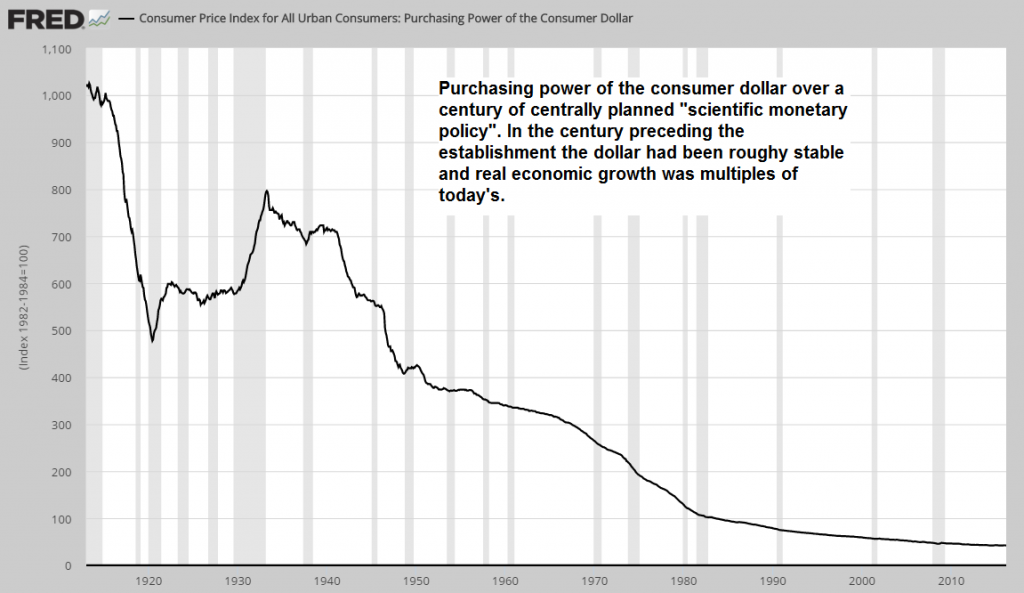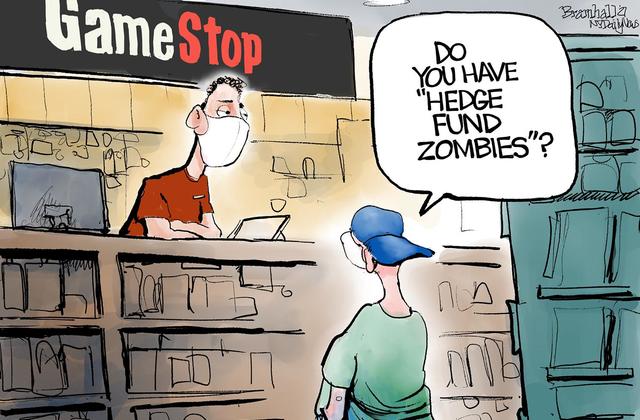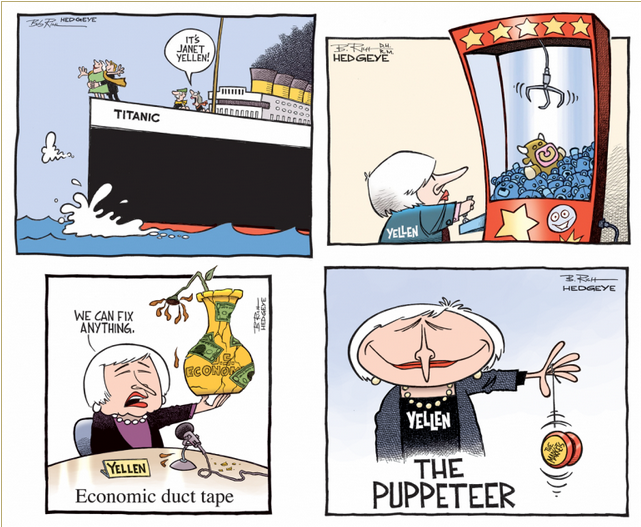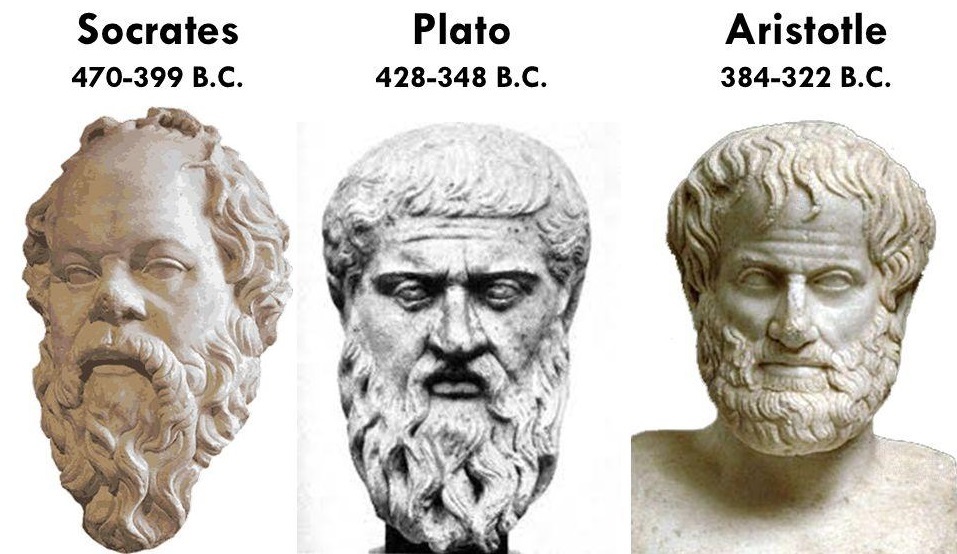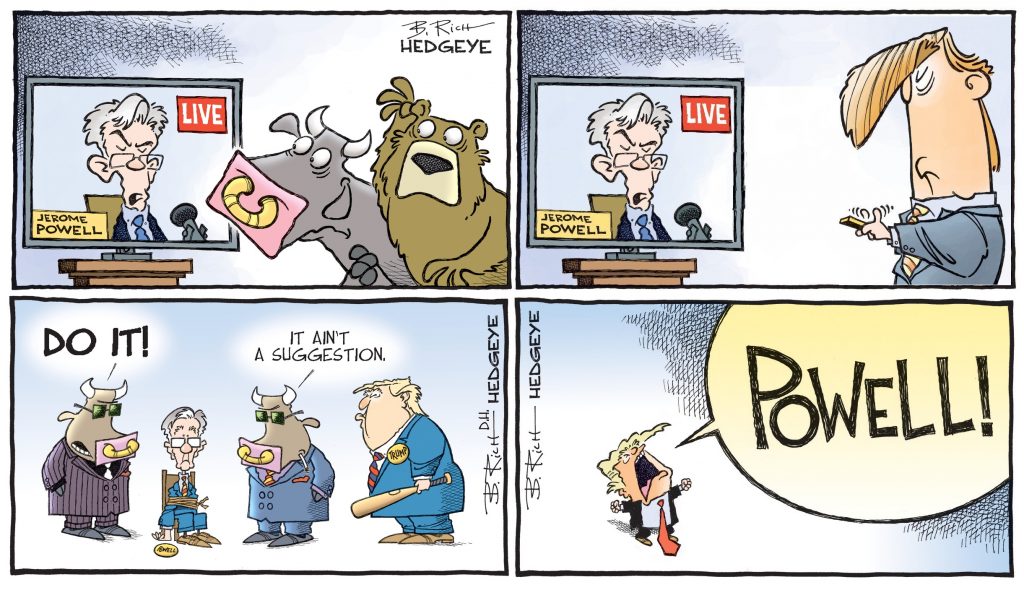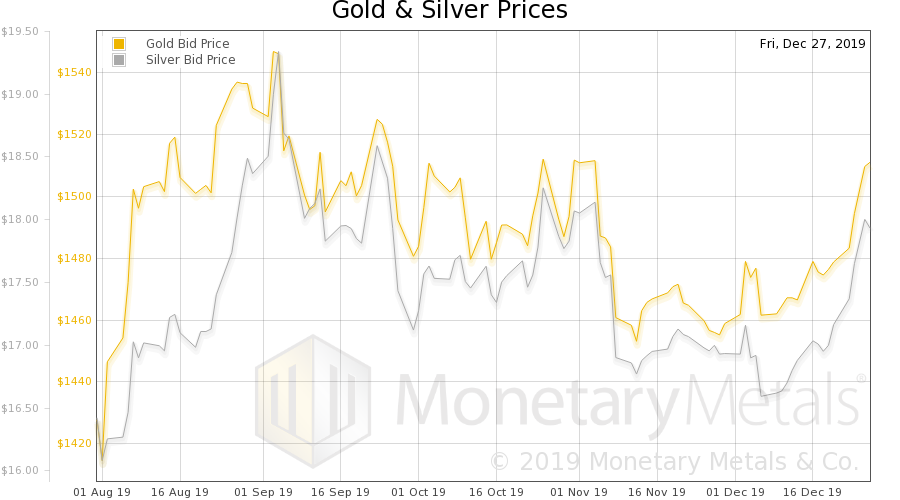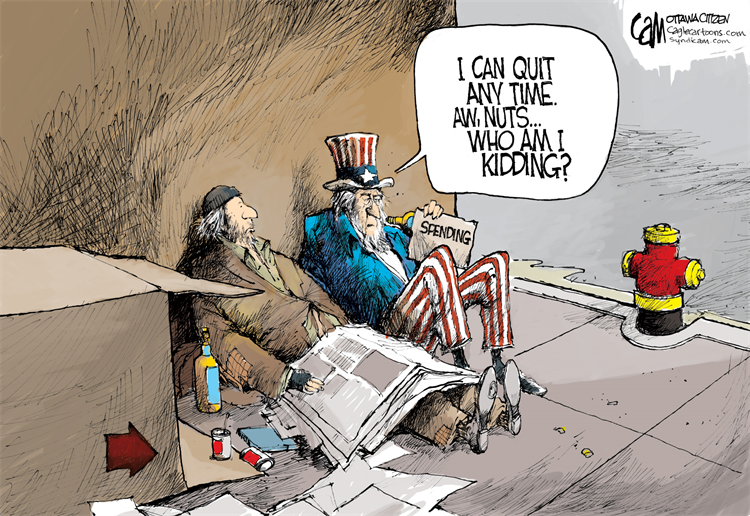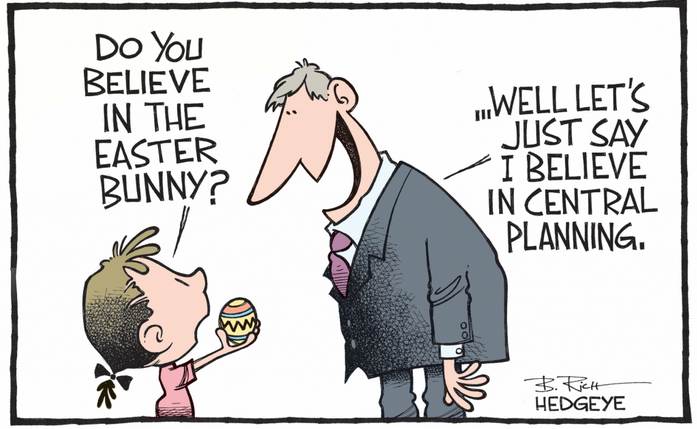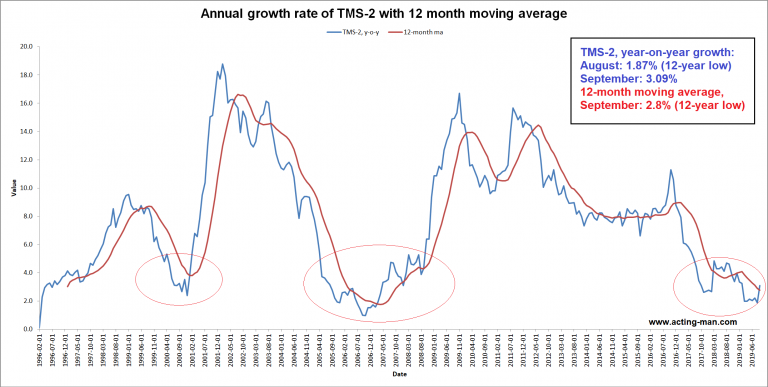Lost From the Get-Go
There must be some dark corner of Hell warming up for modern, mainstream economists. They helped bring on the worst bubble ever… with their theories of efficient markets and modern portfolio management. They failed to see it for what it was. Then, when trouble came, they made it worse. But instead of atoning in a dank cell, these same economists strut onto the stage to congratulate themselves.
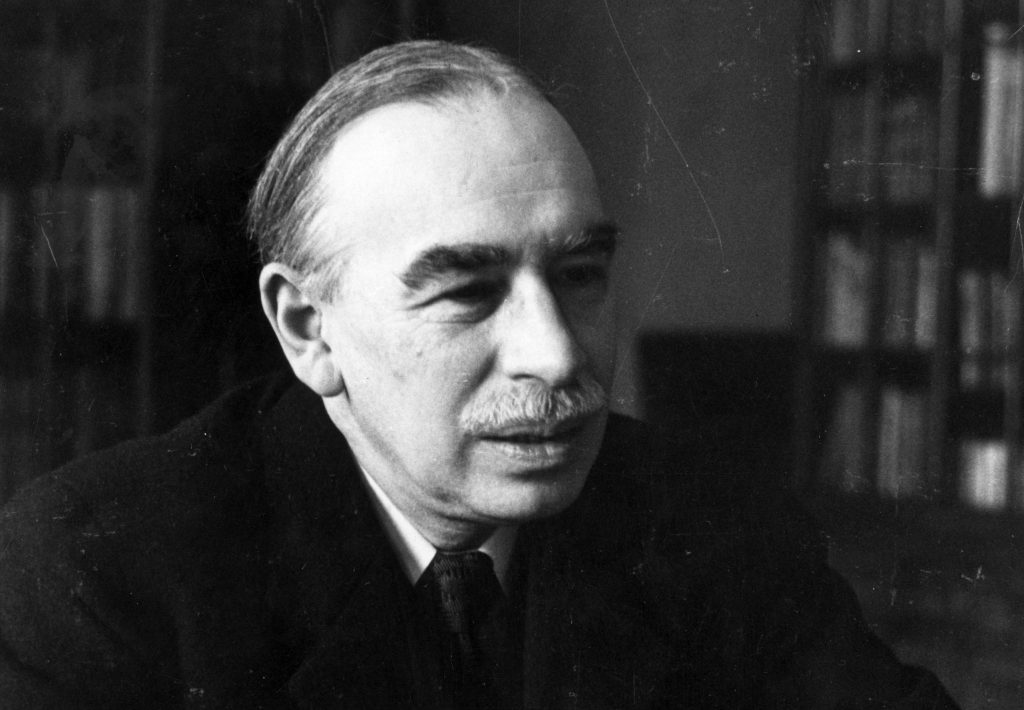
Lost From the Get-Go There must be some dark corner of Hell warming up for modern, mainstream economists. They helped bring on the worst bubble ever… with their theories of efficient markets and modern portfolio management. They failed to see it fo... - Click to enlarge
The scalawag himself. Keynes provided governments with the “scientific” fig leaf fore interventionism that economists had previously denied them. The cost in terms of economic and technological progress is incalculable.
“The Greatest Depression that could so easily have happened in 2009 but did not is the tribute that the world owes to economics”, wrote Arvind Subramanian in The Financial Times.

Lost From the Get-Go There must be some dark corner of Hell warming up for modern, mainstream economists. They helped bring on the worst bubble ever… with their theories of efficient markets and modern portfolio management. They failed to see it fo... - Click to enlarge
Arvind Subramanian: congratulating mainstream economists (a sub-set of society that includes him) for failing to foresee a mess their own advice has produced. The chutzpa of this guy is really admirable. He is of course correct that it is difficult to make forecasts (in fact, economics as a science has nothing to do with making predictions), but anyone who didn’t see the 2008 crisis coming had to be blind as a fricking bat. Even housewives could see it coming, but a very long list of prominent professional economists and “policymakers” evidently couldn’t. Fine, but these are the same people that insist that they know what to do about it. That is decidedly not so. They have now produced what will turn out to be an even greater mess.
We were lost from the get-go, trying to interpret the sentence. It is as tangled and puerile as the staggering conceit behind it. Then, Mr. Subramanian sets up the stage props:
“In 2008, as the global financial crisis unfolded, the reputation of economics as a discipline and economists as useful policy practitioners seemed to be irredeemably sunk. Queen Elizabeth captured the mood when she asked pointedly why no one (in particular economists) had spotted the crisis coming. And there is no doubt that, notwithstanding the few Cassandras who had correctly prophesied gloom and doom, the profession had failed colossally…”
He then brushes off the Queen’s very sensible question:
“But crises will always happen, and even if there is a depressing periodicity to them as Professors Reinhart and Rogoff have catalogued, their timing, form, and provenance will elude prognostication.”

Lost From the Get-Go There must be some dark corner of Hell warming up for modern, mainstream economists. They helped bring on the worst bubble ever… with their theories of efficient markets and modern portfolio management. They failed to see it fo... - Click to enlarge
Of course, the record doesn’t show that the crisis eluded prognostication; any dope could have seen it coming. But the prognosticators who had contributed so mightily to the crisis had blinded themselves with their own claptrap. Still, Mr. Subramanian figures that they “vindicated” the profession in the way they responded to the crisis.
“On monetary policy, Bernanke was true to the word he gave to Milton Friedman on the occasion of his 90th birthday: ‘Regarding the Great Depression. You’re right, we did it. We’re very sorry. But thanks to you, we won’t do it again.’
Bernanke, the pre-eminent student of the Great Depression, found conventional and some very unconventional ways of not doing ‘it’ again. At the peak of his interventions, the U.S. Fed came to resemble the Soviet Gosbank, more a micro-allocator of credit than a steward of macroeconomic policy.”
It probably wasn’t the point he intended to make, but the Fed does resemble the Soviet era Gosbank – manipulating, meddling, and micro-managing the economy toward destruction.

Lost From the Get-Go There must be some dark corner of Hell warming up for modern, mainstream economists. They helped bring on the worst bubble ever… with their theories of efficient markets and modern portfolio management. They failed to see it fo... - Click to enlarge
Gosbank building in Rostov-on-Don (Государственный банк СССР, Gosudarstvenny bank SSSR, State Bank of the Union of Soviet Socialist Republics). It is interesting that Mr. Subramanian didn’t even bat an eye over the Fed’s similarities with Gosbank. Of course these similarities didn’t just pop into the open on occasion of the 2008 crisis. “Gosbank” is precisely what the Fed is. It is a socialistic State-run central planning agency. What else is it supposed to be? Don’t be misled by the often stated assertion that it is a privately owned cartel. Its charter is from the government and its board of governors is government-appointed. It is the link between the banking cartel and the State, but it would not exist or have any power without the State.
Led by a Scalawag
Meanwhile, Congress is doing some Soviet style management too; it is now owner of the nation’s largest automobile company and its largest insurance business:
“They took their cue from the writings of the academic scribbler of yore – Lord Keynes – and provided massive public demand for goods and services where private demand had collapsed…”

Lost From the Get-Go There must be some dark corner of Hell warming up for modern, mainstream economists. They helped bring on the worst bubble ever… with their theories of efficient markets and modern portfolio management. They failed to see it fo... - Click to enlarge
Chief economics quack of the FT, Martin Wolf (another one of those who didn’t see it coming, but know all the solutions). It is no surprise that he invoked the scalawag Keynes.
We were still gasping for air when, on the 30th of December, columnist Martin Wolf called upon Keynes’ ghost again. He, too, shuddered to think how horrible things would have been if the financial authorities had not taken resolute action:
“We could not, in such times, even take the survival of civilization itself for granted. Never before had I felt more strongly the force of John Maynard Keynes’ toast ‘to the economists – who are the trustees, not of civilization, but of the possibility of civilization.’”
Is there any doubt that Keynes was a scalawag? Civilization flourished for thousands of years before anyone made a living as an economist. Crises came and went.
In the 19th century, for example, there were panics followed by depressions in 1819, 1837, 1857, 1873, and 1893. Not one of the depressions seemed worthy of the “great” modifier. Hundreds of banks failed. Civilization didn’t seem to care. The rich and powerful took their lumps along with everyone else; most people enjoyed watching them go down. Business went on.
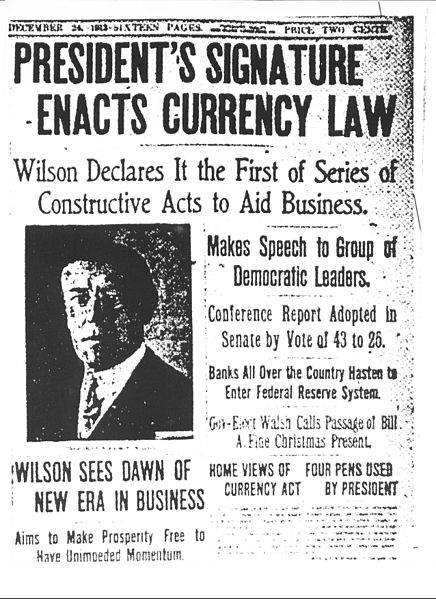
Lost From the Get-Go There must be some dark corner of Hell warming up for modern, mainstream economists. They helped bring on the worst bubble ever… with their theories of efficient markets and modern portfolio management. They failed to see it fo... - Click to enlarge
The ominous newspaper headline that announced the passage of the Federal Reserve Act. A “constructive act to aid business”?. It took just 15 years under the stewardship of this “constructive” agency to bring about one of the greatest economic catastrophes in history.
In 1913, on Christmas Eve, Congress passed the Federal Reserve Act, setting up America’s central bank. Only then did economists get their hands on the economy’s throat. The dollar was worth about the same thing it had been worth 100 years before.
Now, almost a hundred years later, it is worth only 3 cents. And only 16 years after economists took their positions at the Federal Reserve came a depression worse than anything the nation had ever seen – at least, it was worse after government economists finished with it.
Consumer Price Index for All Urban Consumers: Purchasing Power of the Consumer Dollar.After the dollar had been stable for a century, it was decided that central planners could do better. This is the result, along with far weaker economic growth and far greater inequality. |
The Great Depression may have been an accident, but the debasement of the dollar certainly was not. It was a matter of policy. Economists, led by Keynes, had the idea that they could spur the economy forward by creating phantom demand – in the form of additional units of purchasing power. The gold standard stood in the way; it was abandoned like a bad neighborhood.
First, temporarily, then partially, then, in 1971, completely. The first consumer credit boom came in the ’20s… leading to the Great Depression. By the 1980s, 50 years later, Americans had lost their residual fear of debt. Consumer credit boomed again.
Then it bubbled. Economists didn’t understand what was going on. They rarely do. But they had created a hundred-year flood of consumer debt. Now, they congratulate themselves; households sink… but civilization floats.
[ed note: this one is from the archives, as Bill Bonner is out of reach at his farm in Salta province]
Chart by: St. Louis Federal Reserve Research
Chart and image captions by PT
The above article originally appeared at the Diary of a Rogue Economist, written for Bonner & Partners. Bill Bonner founded Agora, Inc in 1978. It has since grown into one of the largest independent newsletter publishing companies in the world. He has also written three New York Times bestselling books, Financial Reckoning Day, Empire of Debt and Mobs, Messiahs and Markets.
Full story here Are you the author? Previous post See more for Next post
Tags: Human Condition,Kenneth Rogoff,newslettersent,On Economy,On Politics









